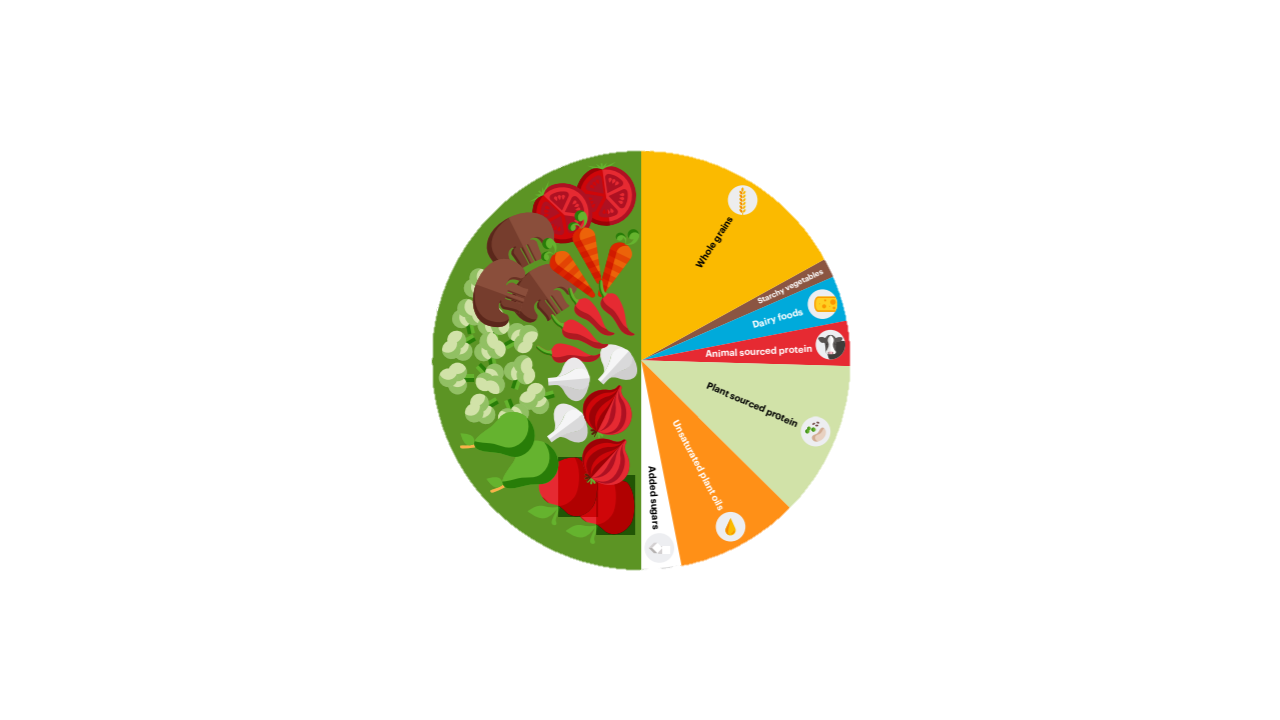Lowering your meat consumption can significantly impact your carbon footprint. The production of meat, especially beef, requires vast amounts of water and contributes to greenhouse gas emissions. By incorporating more plant-based meals into your diet, you can promote animal welfare, conserve resources, and boost your health. Reducing meat intake does not mean cutting it out entirely but being mindful of portion size and frequency. Here’s how reducing meat can be beneficial for sustainable living.
- Environmental Benefits: Livestock production contributes to deforestation and significant greenhouse gas emissions.
- Water Conservation: Producing a pound of beef requires thousands of gallons of water, whereas plant-based options need much less.
- Health Advantages: A balanced plant-based diet can reduce risks of heart disease, obesity, and certain cancers.
- Ethical Considerations: Reducing meat consumption can decrease the demand for intensive animal farming, improving animal welfare.
- Sustainable Alternatives: Try incorporating plant-based proteins like beans, lentils, tofu, and tempeh to balance your diet.


